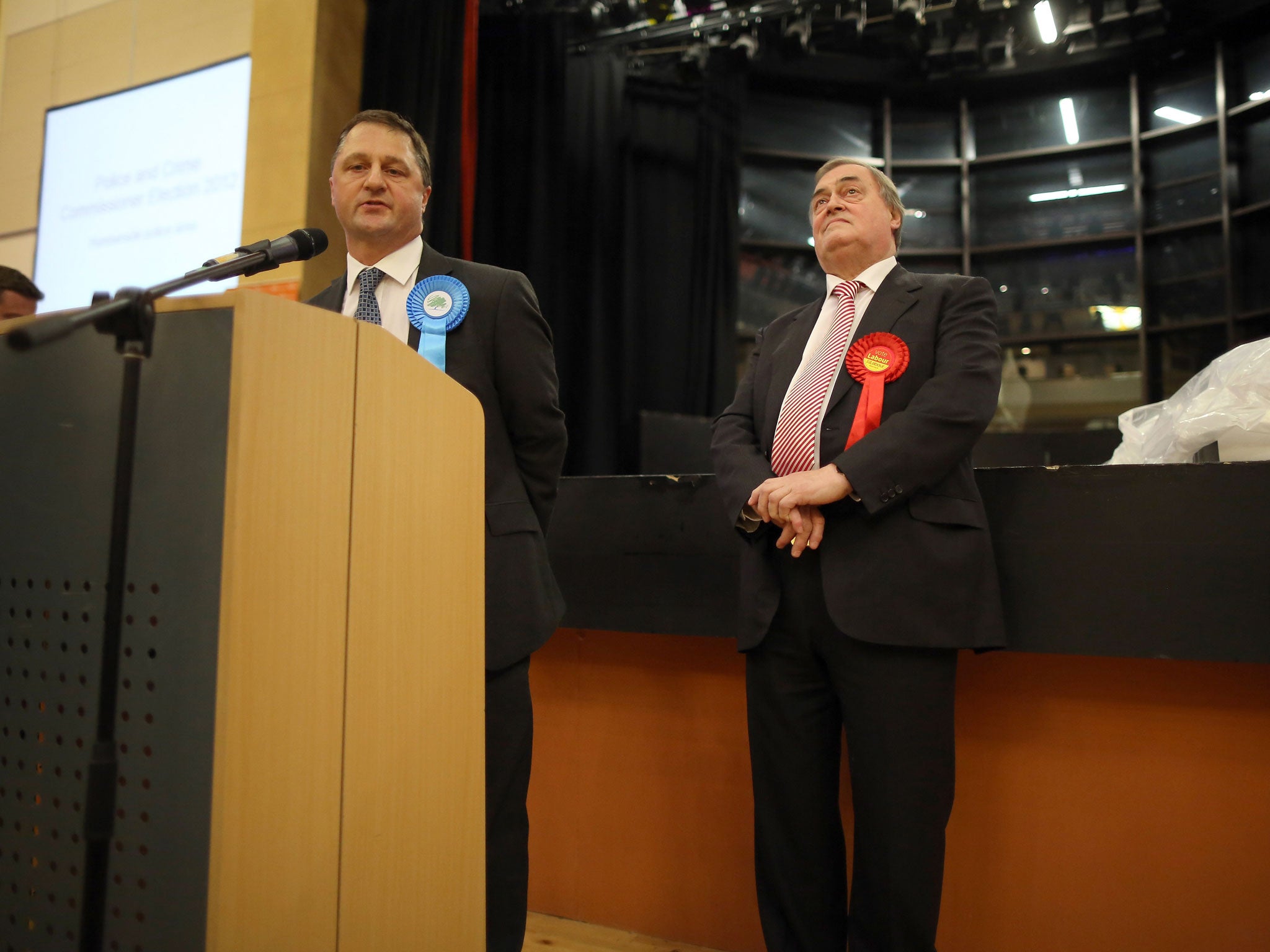Me and my police commissioner - whoever that might be - could both learn something about democracy from the ancient Greeks
Plus: why this nurse's diary makes for perfect Sunday night TV fodder

Sometimes it takes a government to remind you what’s wrong with democracy. To be fair, it’s been flawed from the very beginning. When the ancient Athenians turned up to vote, they did so as a minority: only male citizens could vote, so every woman and every foreigner – even those who lived in Athens for many years – was excluded from the democratic process. And even then, they had a higher turnout than Britain managed for the police commissioner elections last year.
This shambles deserves special mention for the 15 per cent turnout, and the heroic new information that only 11 per cent can now even name their local commissioner. Let’s be honest: it didn’t need to be this way. Americans elect law-enforcement all the time. Though I’ve never entirely understood how anyone differentiates between the candidates. Has anyone ever stood on a platform of increasing crime and reducing detection rates? Do they have to promise to turn a blind eye to the sorts of crimes ordinary people commit – speeding, for example – and only focus on the crimes that regular voters don’t attempt?
The only candidate from last year I can name is John Prescott and he lost, presumably because the victor (Matthew Grove, Google reveals) had the distinction of not being John Prescott.
The Home Office defends itself vigorously, pointing out that more than five million people turned out to vote in these elections. And since the whole process cost £75m (just £15 per vote! Practically free!), we can surely look on that as a bargain. Certainly, it wouldn’t be at all helpful to wonder what actual policing could have been done with that huge sum.
I propose that we replace this apparently unwanted and expensive democratic experiment with a better one. The ancient Greeks realised that nothing unites a people more than annoyance with bad politicians. So they had an annual process of ostracism: ordinary people turned up, wrote the name of their particular bête noire on a shard of pottery (an ostracon, right, which is where the name comes from). Any one candidate with a sufficiently hefty number of votes was booted out of the city for 10 years. The assumption being, I suppose, that if you hadn’t learned to be less annoying in a decade, the people could always chuck you out again.
The downside to this system is that you could only name one person each time. Where to start?
Just right for a Sunday night
A cupboard in the Psychology department of Abertay University in Dundee is not the most obvious place to find a nurse’s suitcase. Particularly when that nurse worked in Kent and Glasgow, and the suitcase dates back to the First World War.
I hope Margaret Maule’s diary will be published: she apparently signed up to be a nurse when her brother was killed in action. She was shocked to find herself tending to German prisoners of war in the hospital in Kent. And yet she kept an autograph book in which her patients have written grateful messages, thanking her for the “tender mercy” she showed to men who knew they were her enemies. I hope BBC Scotland is paying attention: I sense a potential Sunday night drama.
Join our commenting forum
Join thought-provoking conversations, follow other Independent readers and see their replies
Comments
Bookmark popover
Removed from bookmarks